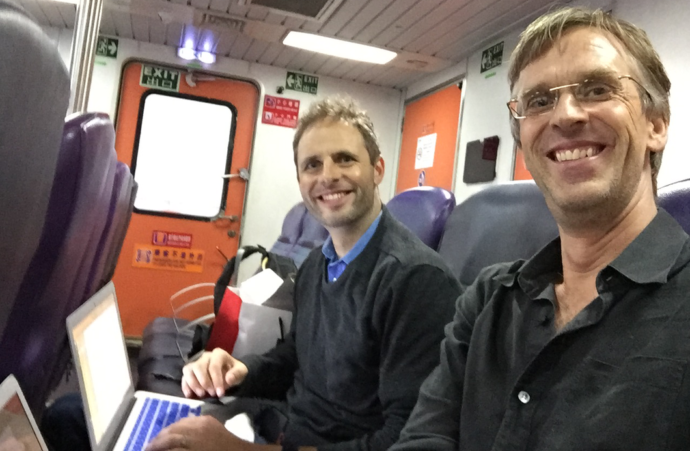
“How do you go from being a speaker speaking in your home country to becoming a global speaker?”
That is one of the most common questions I get as a global speaker myself. The people asking are often very professional and successful authors.
I got that questions today again when I was speaking at an event in Pune, India where we were meeting to create Professional Speakers Association of India (See
https://www.facebook.com/groups/ProfessionalSpeakersAssociationIndia/ if you want to learn more about this.)
The person asking was Mitesh Khatri, an expert on leadership and the law of attraction.
When I heard the question I gave a reply that, at first, might seem a bit provocative. I said: “The biggest mistake is to think in the way that makes you even ask that question.”
By that I meant that to be an international or global speaker the most important thing for a speaker to do is to stop thinking that speaking in another country is different. It’s not. At least not even close to as different than what people think.
Since I was in India I asked Mitesh Khatri a follow up question: “Do you think “How do I get to speak in the south of India? Of course you don’t.”
And then I added: “So why do you say: “How do I get to speak in Sri Lanka?” (Which is just a bit more south of the south of India.)
I could see how something clicked in Mitesh Khatri’s head.
And that is exactly what I wanted to happen.
If you think “speaking internationally” is vastly different from “speaking nationally” and that there are huge changes you need to do in order to break the speaking-outside-your-home-country-barrier then that fear is in itself will stop you from making it happen.


